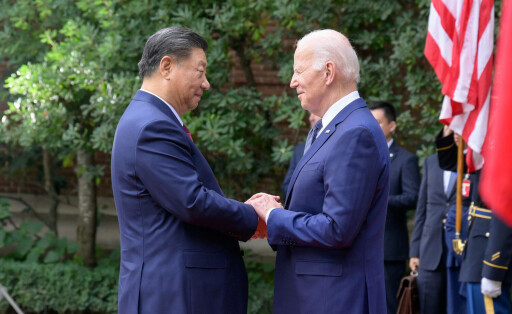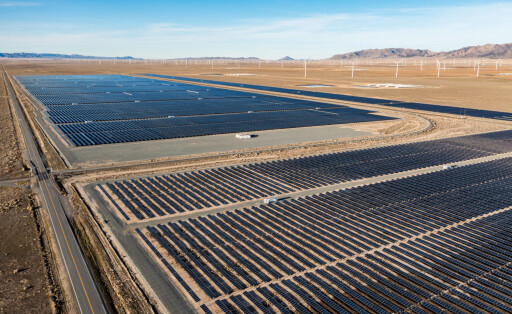
EU companies hope for relaxation and clarity on data transfer
Many companies within the EU Chamber of Commerce are dissatisfied with China's strict rules on data exchange with other countries. For the majority, these regulations pose a barrier to business. The announcement of simplifications comes at just the right time.
By Christiane Kuehl




